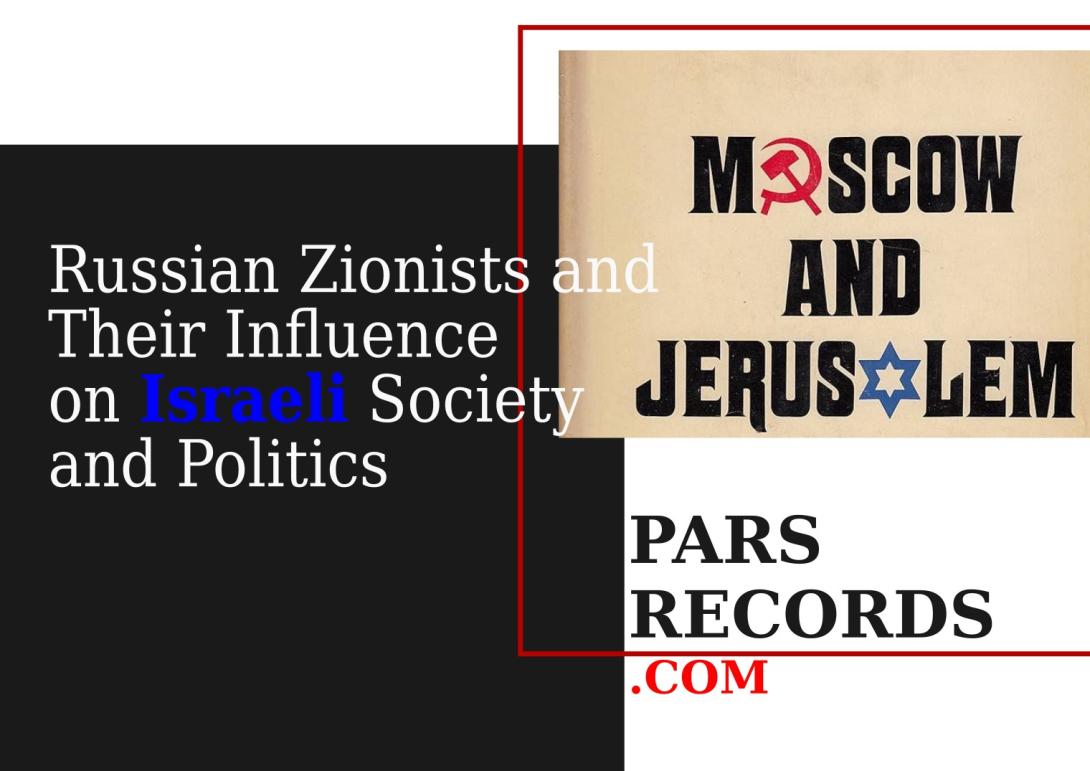Since the collapse of the Soviet Union in the early 1990s, Israel has witnessed one of the largest waves of immigration in its modern history. Over one million Russian-speaking Jews migrated to Israel, fundamentally transforming the country’s social, cultural, and political landscape. Today, Russian Zionists constitute one of the most influential demographic groups in Israel, shaping its identity, domestic policies, and foreign relations—particularly with Russia.
Historical Background
The Zionist movement had strong intellectual roots in the Russian Empire long before Israel’s establishment. Figures such as Leon Pinsker and Theodor Herzl found much of their early support among Russian Jews who faced systemic antisemitism under the Tsarist regime. During the Soviet era, Jewish religious and cultural identity was suppressed, but Zionism remained alive underground, often serving as a form of national resistance.
The turning point came after the dissolution of the USSR. Between 1989 and 2006, over one million Russian-speaking Jews emigrated to Israel under the Law of Return. This mass migration—commonly known as the “Great Aliyah”—constituted nearly 20% of Israel’s population by the early 2000s, making Russian Jews the largest single immigrant group in the country’s history.
Demographic and Cultural Influence
Russian immigrants, or Olim Hadashim, brought with them a distinct cultural identity. They established Russian-language media, theaters, and political movements. Russian became the third most widely spoken language in Israel, after Hebrew and Arabic. The Russian-Israeli community also introduced a more secular worldview, often emphasizing education, science, and technology over religious orthodoxy.
This community’s integration was not without tension—many native Israelis viewed the newcomers as culturally distant—but over time, Russian-speaking Israelis achieved remarkable success in academia, the arts, and especially politics.
Political Power and the Rise of Russian Zionism
Russian-speaking Israelis have developed a strong political voice, most notably through the right-wing party Yisrael Beiteinu, founded by Avigdor Lieberman, himself an immigrant from Moldova. The party advocates for secular nationalism, security-oriented policies, and a hard line against Palestinian militancy. Russian-Israeli voters, known for their pragmatic and security-conscious attitudes, have consistently leaned toward right-wing coalitions, thus shaping Israel’s political trajectory over the past three decades.
Moreover, Russian Zionists have influenced Israel’s foreign policy. Their historical and linguistic ties to Russia contribute to Israel’s cautious stance toward Moscow, even amid Western pressure. This dynamic became particularly evident during the Syrian civil war and the Russia-Ukraine conflict, where Israel sought to balance its alliance with the United States against its strategic need to coordinate with Russia in the Middle East.
Israeli–Russian Relations: Strategic Complexity
Relations between Israel and Russia are characterized by both cooperation and tension.
Cooperation:
- Russia allows Israel to conduct limited military operations against Iranian forces in Syria.
- Cultural and humanitarian ties remain strong, with dual citizens frequently traveling between the two countries.
- Russia remains an important market for Israeli technology and agricultural exports.
Tension:
- Israel’s alignment with the West occasionally strains its dialogue with Moscow, especially regarding Ukraine.
- Russian support for Iran and Hezbollah complicates the regional security landscape.
- Moscow’s growing influence in Syria challenges Israel’s freedom of action in its northern frontier.
Despite these challenges, Israel continues to maintain a pragmatic approach, balancing diplomacy and deterrence to safeguard its national interests.
Conclusion
Russian Zionists have become a cornerstone of Israeli society, bringing with them intellectual capital, political energy, and complex transnational ties. Their influence extends beyond Israel’s domestic politics, shaping how the Jewish state navigates its delicate relationship with Russia in a turbulent global environment. As Israel continues to evolve, the legacy of Russian-speaking immigrants will remain central to its identity, politics, and international posture.
PARSRECORDS.COM


Comments